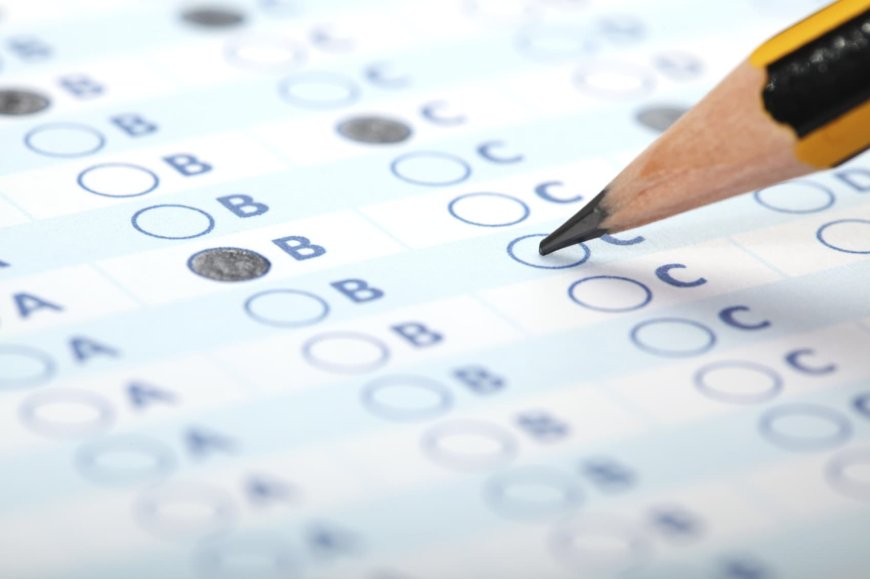10 tips for preparing for entrance exams

Spring entrance exams approaching? For many, reading for entrance exams is a contract that lasts all spring, and it's a good idea to start preparing well in advance. Read below for Student™s tips for preparing for entrance exams.
- Create a Reading Plan
A reading plan will help you plan your time and stick to your reading goal. Think about how many times the entrance exams and other material would be good to read through and how much time you will need to read. For example, a good guide is to read about a day of work or school a day, depending on the amount of material you are studying.
- Use your time efficiently
How many hours you have read for the entrance exam will ultimately not matter if you have not read qualitatively correctly. What you have internalized from what you have read is more important than reading lessons. If you know you can™t concentrate for more than a couple of hours at a time, you might want to take breaks. It™s better to read less but effectively than to crank up for 10 hours and notice that you don™t remember reading anything. Even in studies, quantity does not replace quality. You should also be aware of how and when to learn best. Some are in the best mood right from the morning, others are better suited for evening reading. Finding your own daily rhythm is important.
- Move towards the goal
Set time goals for yourself. For example, you could set a goal for each reading week of what you should have read and learned by then. Goals help maintain motivation. When you™re motivated, reading goes much better and you don™t get frustrated with cranking. In addition, you will stay better on your long-term goal as you track your progress in the short term as well. You can even reward yourself in a way that suits you whenever you have reached your milestone to keep your study meaningful.
- Read a lot
It is a fact that in many entrance exams books need to be memorized almost by heart. However, it is not only worth reading books from cover to cover time and time again, but also using other study techniques. Some learn best, for example, by drawing various diagrams and mind maps, others may find it helpful to read aloud, for example. Also think about what you should memorize and what things you need to understand and be able to apply.
Must Read: Is gymnastics always a strong stretch and pain?
- Keep free from time to time
It is also good to take holidays in between. A day off, for example, once a week helps to prevent reading stress. On holidays, you should do things that will help you relax. For example, sports are a good counterbalance to nose book sitting. You should also remember a good night™s sleep and, if necessary, a short day™s sleep to keep your brain fresh.
- Find a suitable reading place
Find a reading place where you can focus on reading best. If you can™t concentrate at home, you might even want to head to the library to read. The reading space can also be varied so as not to get tired of sitting at the same table day after day.
- Find a reading club in other entrance exam readers
Other entrance examiners are a good reading company. It is easy to get to share reading experiences with others in the same situation. In addition, for some, it may be helpful, for example, to form a reading circuit with those who read the same exam. You can meet non-reading friends on holidays and after you have completed the reading task of the day.
- Familiarize yourself with the old entrance exam tasks
It is definitely worth checking out the old entrance exam tasks in order to get some guidelines on what the exam will be like and in what style the questions should be answered. Old entrance examination assignments are usually published on the websites of educational institutions.
- Allow time for review
Make your reading plan such that you have enough time to repeat things before the test. It™s harder to go to the exam when you feel you know things well enough.
- Don't stress
A little stress can be good for some, but over-stressing certainly doesn™t help anyone focus on the essentials. When you start preparing for the exam well in advance, you don™t have to stress at least about not having time to read enough.
